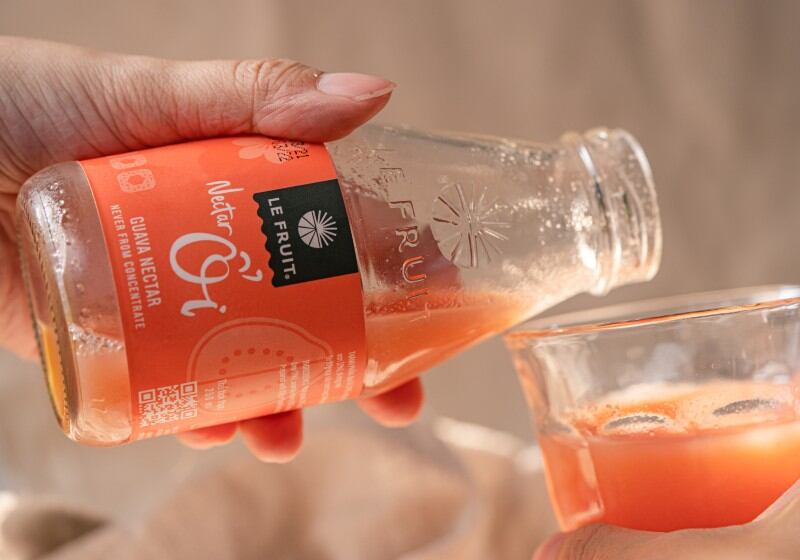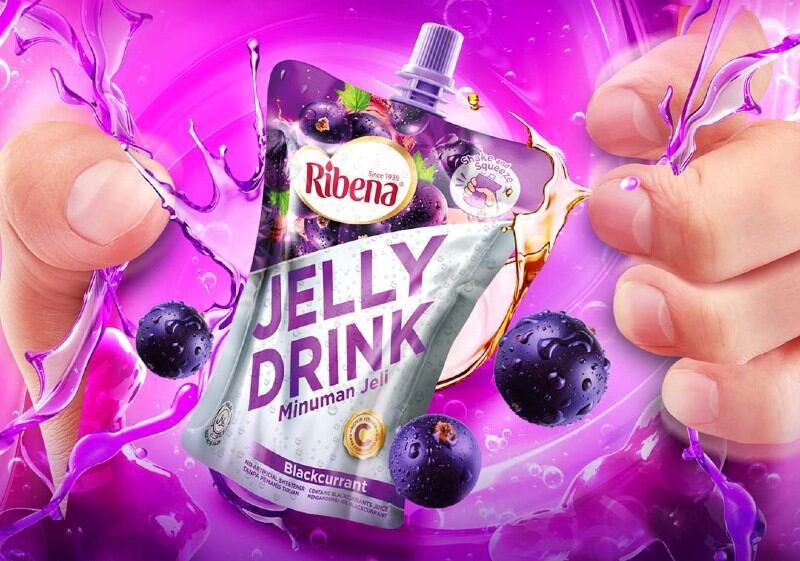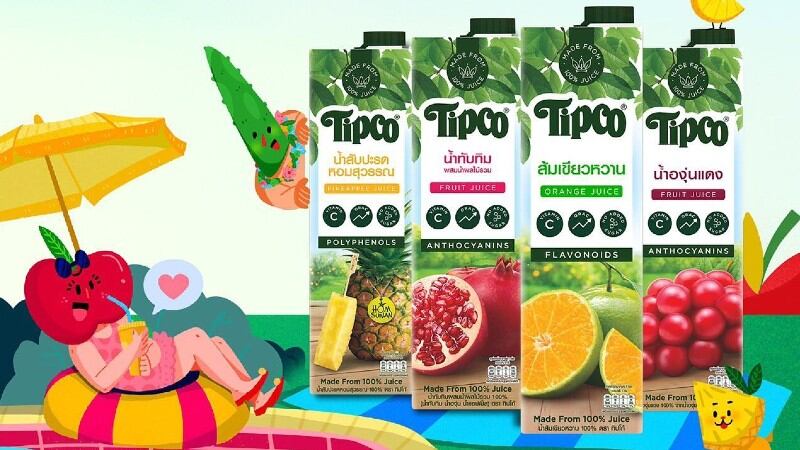Les Vergers du Mekong is the brand owner of the renowned premium fruit products brand LE FRUIT, and is particularly well-known for its LE FRUIT Juice range of all-natural fresh fruit juices which currently has presence in 15 countries worldwide.
The brand mostly made a name for itself by starting out in the HORECA trade, supplying to multiple large hotel chains and high-end restaurants – but when the COVID-19 pandemic hit the region, it found itself having to rapidly adjust and turn to retail instead, starting with its home base in Vietnam.
“Due to the high quality of our juices as we only use fresh fruit, LE FRUIT Juice really gained a lot of popularity with many multinational hotel chains such as Sofitel and helped us to expand quickly – but when the pandemic affected this badly, we realised that modern trade was really the place we had to be,” Les Vergers du Mekong Chairman and Founder Jean-Luc Voisin told FoodNavigator-Asia.
“We successfully developed all our markets in Asia with very minimal marketing activities but by providing a good solid product that the hotel chefs and contacts just kept bringing to more and more countries from ASEAN to Taiwan to China to South Korea and the Middle East – and since COVID-19 hit and we started targeting supermarkets, we have found this also applies although we are investing a bit more in marketing when it comes to retail.
“The key draw about our juices is the fact that the fruits come direct from the farm, and we only use fresh fruits unlike most conventional juice brands that import concentrates from elsewhere to reconstitute into juices. Using fresh fruit and only fresh fruit makes a very big difference to the quality.”
LE FRUIT Juice’s insistence on using fruits has extended to the natural preservative it uses for its products – the acerola cherry, a small ascorbic acid-rich fruit that acts as a natural antioxidant to extend shelf-life.
“The taste of acerola is very mild so we can mix it with the juices without affecting the taste at all, and the fact that it is so rich in ascorbic acid means that it can not only extend shelf life but also act as a sort of Vitamin C bomb to help consumers boost immunity,” said Voisin.
“This is also very appealing for consumers as everyone is concerned with health and wellness today, and removes the need for us to use any artificial additives which is an even bigger draw.”
LE FRUIT Juice currently carries over 15 juice varieties, but still finds that orange juice remains the most popular type of juice in the region.
“From our experience with hotels, I can say that the percentage is always 40% consumers will drink orange juice and the remaining 60% is split amongst all the other juices regardless of the flavour whether it is guava, mango, and so on,” he added.
“However, things are changing somewhat as we look more to export and modern trade – consumers buying from supermarkets and convenience stores are more keen on buying smaller bottles and unique flavours to try out, and we have seen flavours such as passionfruit and guava gaining ground.
“There are also several markets such as the Middle East where the health factor is very important, and our new blend of red beetroot, dragonfruit and guava has been a big success as all three are known for various health benefits (beetroot for heart, dragonfruit for digestion, and guava for vitamin C) plus the overall vibrant red colour of this combination.”
Location, location, location
Apart from offering a high-quality premium product, LE FRUIT Juice also believes that its centralised location in Asia gives it a prime advantage to capture even more market share here once it launches into modern trade full force.
“Many Asian consumers are fond of juices, but many Asian countries have been importing their juices from far away markets like Europe, South Africa or Australia, especially the premium high-quality products,” said Voisin.
“But since COVID-19, it is common knowledge that shipment costs are now three, four, even five times higher than what they used to be, so it has become much less favourable for these supply chains to remain this way.
“So many countries in this region are now looking to find closer suppliers that can deliver good products faster and easier with less complicated supply chains, and we are poised to capitalise on this, being situated in the middle of Asia.”
He added that primary targets for more aggressive retail expansion in the coming months will include South Korea and Malaysia, with many others to follow.





